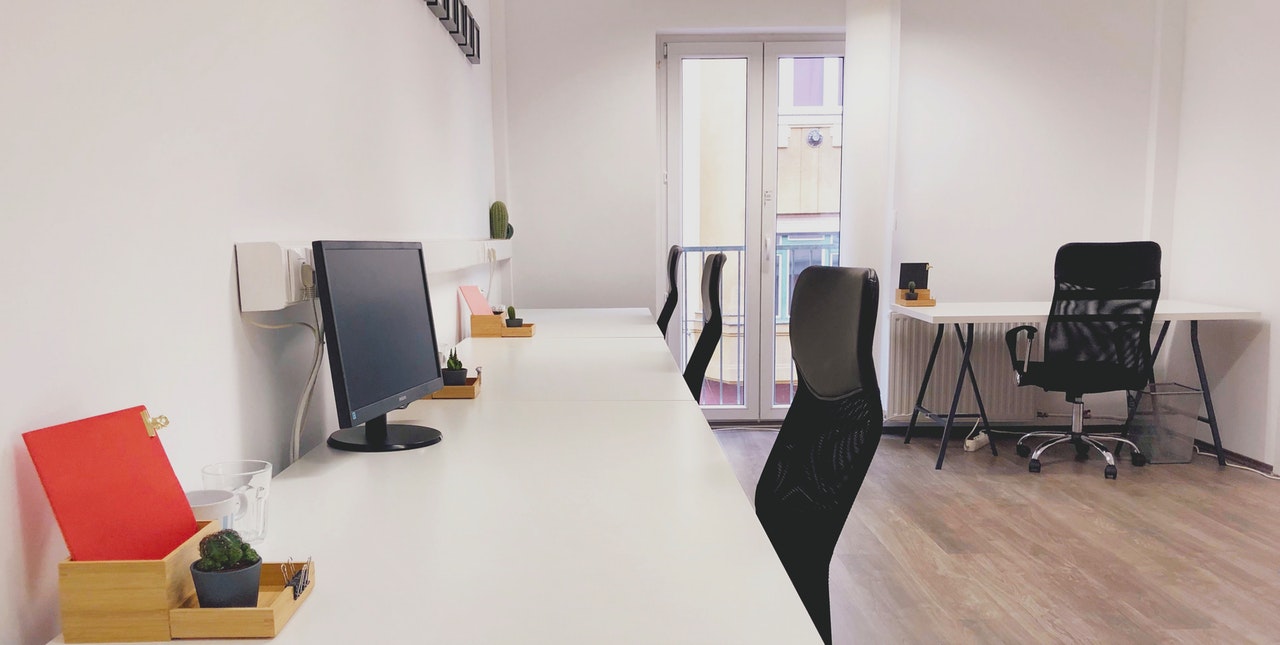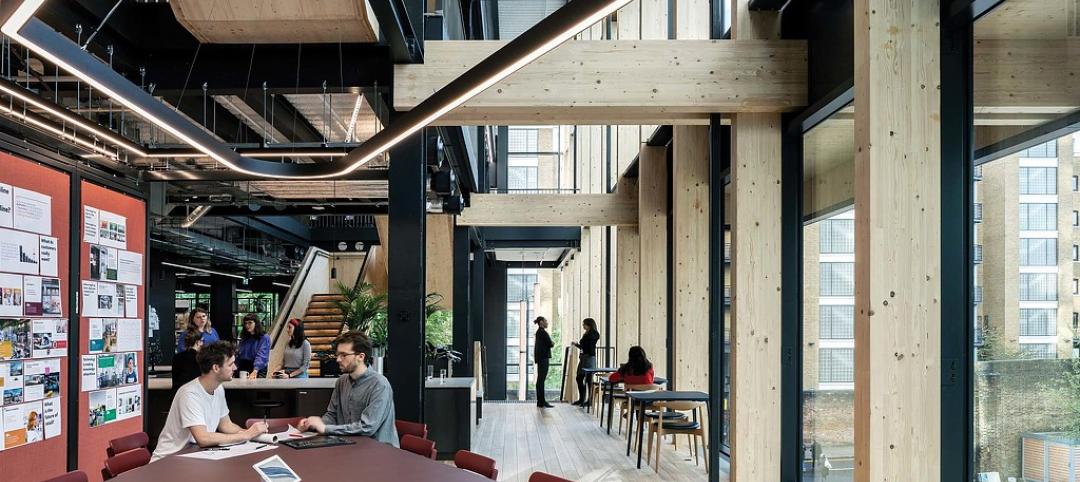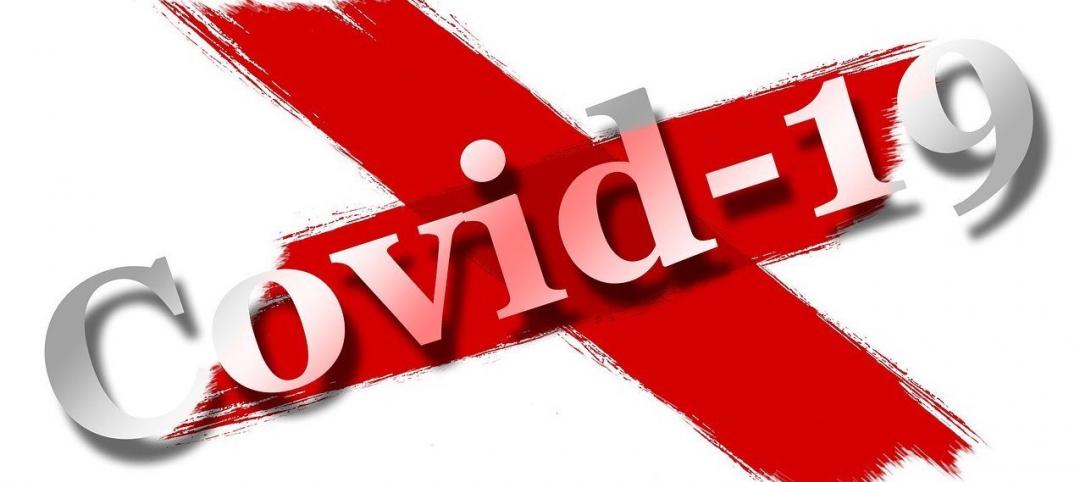The American Institute of Architects (AIA) 2020 President Jane Frederick, FAIA, and EVP/Chief Executive Officer Robert Ivy, FAIA, are urging Congress to address the critical needs of business owners and employees during the COVID-19 pandemic.
In a letter sent yesterday to House Speaker Nancy Pelosi and Senate Majority Leader Mitch McConnell, the AIA also outlined the infrastructure investment that will be critical to stimulating America’s economic recovery.
“The American Institute of Architects (AIA) is the world’s largest design organization. Our 95,000 members are committed to protecting the health, safety, and welfare of the public. Since 1857, this concern has been central to all that we, as architects, do.
“The outbreak of COVID-19 and the current health crisis strikes at the very core of this mission. I wish to extend our gratitude to you for your leadership in addressing this crisis. Those personally affected by the virus and our frontline responders need additional resources and they are top of mind for all of us.
“As Congress considers additional legislation to stimulate the economy, the AIA urges you to include significant investment in 21st Century infrastructure and temporary relief measures for business owners. Both will provide necessary relief in the short-term, reassurance to global markets, and will help prepare this country for the challenges ahead.
“Relief for Business Owners and Employees: To address pressing short-term economic needs, AIA urges you to expand temporary relief for business owners to avoid layoffs and the sharp economic downturn that would follow. Architecture firms come in all sizes, but the majority are classified as small businesses. The relief provided in H.R. 6201 was an important first step, but more will be necessary. Businesses cannot wait until the next tax filing season to see relief.
“The AIA urges you to invest in Small Business Interruption Loans for businesses under 500 employees to cover the costs of payroll while employees may not be able to work due to their own health concerns or the effects of social isolation on a massive scale. We call on Congress to increase access to unsecured credit to all employers so that they can cover costs associated with payroll, rent, and other obligations in the immediate term. Furthermore, the federal government should suspend the collection of business taxes, including payroll tax, for the duration of the pandemic.
“Finally, the current policy limiting what losses pass-through entities may deduct must be suspended (Section 461(l)). Many architecture firms are pass-through entities and they should be able to deduct all losses incurred this year in the next tax cycle.
“Infrastructure Investment: Once the initial health crisis has been passed, we will need sustained investment to revive the economy. As you well know, infrastructure investment is a powerful tool to stimulate the economy and provide reassurance to Americans that the coming days will be better. Infrastructure for the 21st century should not only include investment in roads, bridges, and other horizontal infrastructure, though those updates are sorely needed. Today’s infrastructure investment must also cover horizontal infrastructure, including hospitals, schools, affordable housing, and other public buildings.
“Infrastructure must be designed to satisfy current needs and anticipate future threats. This global pandemic has laid bare the preexisting resource shortage currently facing many of these facilities. Looking to the future, the World Health Organization has predicted that climate change will contribute to worsening storms and more frequent pandemics. Buildings must be resilient in the face of these disasters while also not contributing to the underlying problem by generating greenhouse gas emissions and unhealthy air quality. We must expect more from the built environment than ever before.
“Additionally, as the American population trends toward the cities, we must reimagine public spaces to be healthier for our communities and the planet. After previous health crises, architects and other professionals have worked together to modernize sanitation and change assumptions about public health. Architects can help to imagine cost-effective designs that encourage handwashing and other healthy practices and, when necessary, enable social distancing.
“We urge you to invest a minimum of $300 billion over five years in resilient public buildings that are designed specifically for the communities that they serve.
“Thank you for your work to address this pandemic in the immediate term and in the months ahead. The architecture community stands ready to work with you to help our communities through this crisis and build facilities worthy of the future.”
Related Stories
Coronavirus | Mar 16, 2020
Effective remote workforce: Key steps and strategies for success
As the potential scope of the COVID-19 outbreak has become more clear in the United States and Canada, public and private organizations from all industries, sectors and geographies are encouraging their teams to work remotely to reduce the spread of the virus.
Coronavirus | Mar 16, 2020
Coronavirus and the water cycle—here is what treatment professionals need to know
As the global health community tracks the spread of this virus, it’s important for water and wastewater professionals to keep updated on potential impacts.
Coronavirus | Mar 15, 2020
Designing office building lobbies to respond to the coronavirus
Touch-free design solutions and air purifiers can enhance workplace wellness.
Coronavirus | Mar 15, 2020
In the face of the coronavirus, workplace wellness is key
Here are a few considerations employers should keep in mind in creating plans for a healthy and effective work environment.
Coronavirus | Mar 13, 2020
AEC business impacts from COVID-19: We want your input!
The BD+C editors would like to hear from you on how your firm is handling business operations and projects during the coronavirus outbreak.
Coronavirus | Mar 13, 2020
COVID-19 and real estate: How the coronavirus is impacting the AEC industry
Here's the latest news BD+C editors are tracking on COVID-19's impact on the AEC industry and the real estate market.
Coronavirus | Mar 11, 2020
A look at how U.S. hospitals are designed to battle infectious diseases like coronavirus
Some health systems can use telehealth and video visits to asses and triage patients before they arrive at a hospital.














